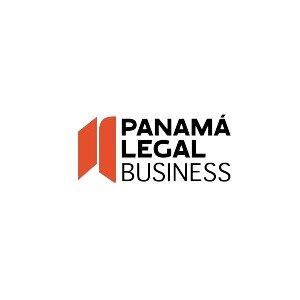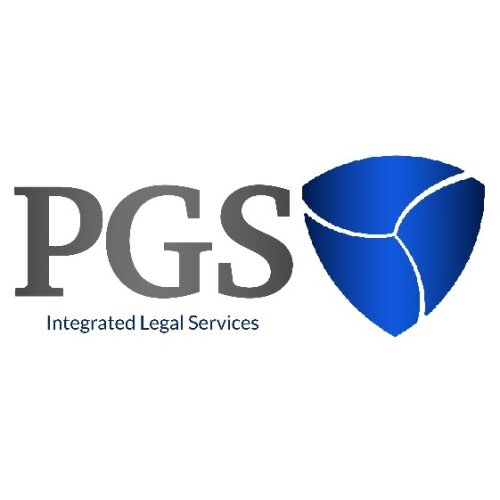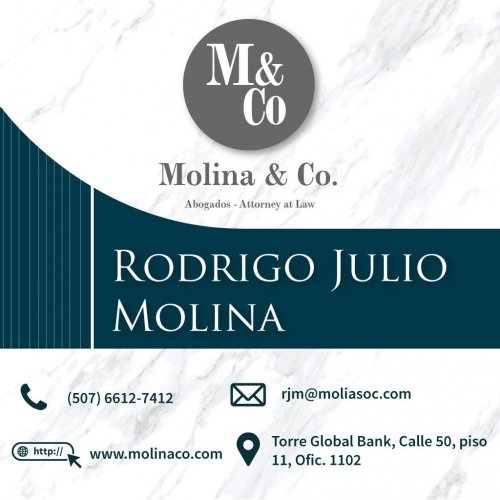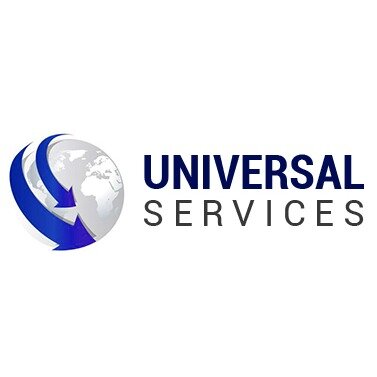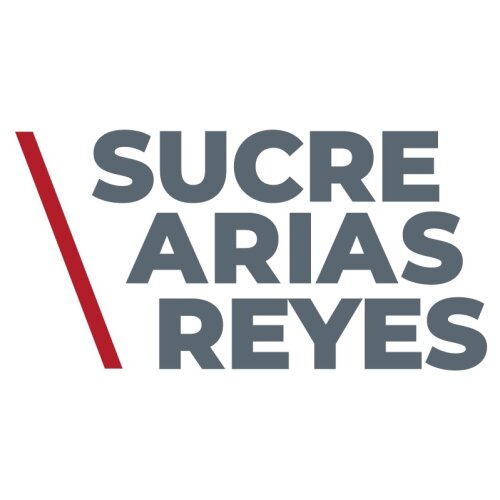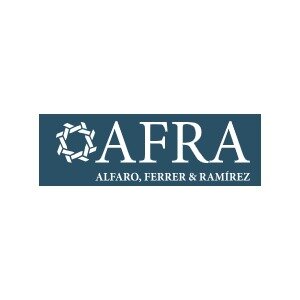Best Conveyancing Lawyers in Panama
Share your needs with us, get contacted by law firms.
Free. Takes 2 min.
Free Guide to Hiring a Real Estate Lawyer
Or refine your search by selecting a city:
List of the best lawyers in Panama
About Conveyancing Law in Panama
Conveyancing law in Panama refers to the legal process of transferring real estate ownership from one party to another. It encompasses the preparation, verification, and execution of documents required to legally buy, sell, or otherwise transfer property. Panama’s conveyancing framework is primarily based on civil law traditions and includes strict requirements regarding documentation, registration, and due diligence. Because real estate transactions often involve significant financial investments and legal obligations, understanding how conveyancing works in Panama is essential for anyone considering buying or selling property in the country.
Why You May Need a Lawyer
There are several reasons why individuals and businesses might require legal assistance during the conveyancing process in Panama. Some of the most common situations include:
- Buying or selling real estate as a foreigner and needing help to navigate local law requirements
- Verifying the authenticity of property titles and confirming that the property is free of liens or encumbrances
- Drafting and reviewing contracts to ensure your interests are protected and the terms comply with Panamanian law
- Handling disputes over boundary lines, co-ownership, or inheritance issues
- Ensuring that all taxes and fees are correctly calculated and paid before and after the transaction
- Addressing complications with condominium purchases, land purchases in rural areas, or properties held in trusts or corporations
Lawyers can help simplify the process, mitigate legal risks, and avoid costly mistakes during what can be a complex transaction.
Local Laws Overview
Panama’s conveyancing process is governed by several key local laws and principles:
- Public Registry: Real estate ownership is only recognized if it is duly recorded at the Public Registry of Panama. Proper registration gives legal certainty to property rights and is a fundamental step in conveyancing.
- Due Diligence: Conducting a thorough title search is required to confirm that the property is accurately described, free from debts or encumbrances, and actually owned by the selling party.
- Notarial Formalities: The transfer of property must be formalized in a public deed prepared and authenticated by a Panamanian notary public. Private contracts are not sufficient on their own.
- Tax Obligations: Both sellers and buyers must comply with certain tax requirements. These may include capital gains tax, transfer tax, and municipal taxes.
- Restrictions on Foreigners: Although foreigners generally have the same property rights as Panamanians, there are restrictions in protected zones such as border areas and certain islands.
- Corporation or Foundation Purchases: It is common for real estate to be held in the name of a corporation or a private interest foundation established in Panama. This has unique implications during the transfer process.
- Land Tenure Types: There are different types of land tenure in Panama, such as titled land and right of possession (ROP) land. Titled land offers greater legal security.
Understanding these laws is crucial to ensure a valid transfer of ownership and to protect your investment.
Frequently Asked Questions
Is it mandatory to hire a lawyer for conveyancing in Panama?
While not legally required, hiring a lawyer is highly recommended because they can perform due diligence, draft contracts, and navigate registration and tax requirements efficiently.
What is the difference between titled land and right of possession (ROP) land?
Titled land is fully registered in the Public Registry, offering secure ownership. ROP land is not titled but grants possessory rights and may be more complicated to transfer or register.
Can foreigners purchase real estate in Panama?
Yes, foreigners can buy real estate with approximately the same rights as Panamanian citizens, except in restricted areas such as border zones or protected bodies of water.
How long does the conveyancing process typically take?
The timeframe can range from a few weeks to a couple of months, depending on the complexity of the transaction, title verification, and registration processing times.
What taxes and fees are payable when transferring property?
Fees can include capital gains tax, transfer tax, notary fees, registration fees, and occasionally value-added tax. Exact amounts depend on the property type and value.
Is an escrow service available for real estate transactions?
Yes, escrow services can be used in Panama and are often arranged through local banks or legal firms to secure the payment of funds during a transaction.
Do I need to be physically present in Panama to complete a property purchase?
Physical presence is not always necessary. Buyers and sellers can execute a power of attorney to allow a lawyer or trusted agent to act on their behalf.
How can I check if a property has a clear title?
A lawyer or notary will conduct a title search at the Public Registry to verify the title status, boundaries, and existence of any liens or encumbrances on the property.
What happens if the property is owned by a corporation?
If a corporation owns the property, the transfer often involves selling the company shares or executing a transfer deed. This process requires additional due diligence regarding the corporation itself.
Can disputes related to property boundaries be resolved through conveyancing?
Conveyancing lawyers can help resolve boundary disputes by reviewing title documents, conducting surveys, and, if necessary, pursuing legal action to clarify or correct boundaries.
Additional Resources
For further information or guidance, consider these valuable resources related to conveyancing in Panama:
- Public Registry of Panama - Responsible for property title registration
- Panamanian Bar Association (Colegio Nacional de Abogados) - For finding qualified lawyers
- Superintendencia de Bienes Raíces - The national real estate regulatory authority
- Panamanian Chamber of Commerce, Industries and Agriculture - For business-related property issues
- Local notary offices - Essential in finalizing and authenticating conveyancing documents
Next Steps
If you are considering a real estate transaction or need assistance with conveyancing in Panama, here are suggested steps:
- Identify your goals and gather relevant information about the property
- Consult with a qualified Panamanian lawyer experienced in real estate and conveyancing
- Request a full title search and due diligence report from your lawyer
- Carefully review all legal documents and contracts before signing
- Use reputable escrow and notary services to ensure safety and legality
- Ensure that all taxes, fees, and registration requirements are completed for a secure transfer of ownership
Seeking legal advice early in the process can help you avoid pitfalls and ensure your property transaction in Panama is handled smoothly and securely.
Lawzana helps you find the best lawyers and law firms in Panama through a curated and pre-screened list of qualified legal professionals. Our platform offers rankings and detailed profiles of attorneys and law firms, allowing you to compare based on practice areas, including Conveyancing, experience, and client feedback.
Each profile includes a description of the firm's areas of practice, client reviews, team members and partners, year of establishment, spoken languages, office locations, contact information, social media presence, and any published articles or resources. Most firms on our platform speak English and are experienced in both local and international legal matters.
Get a quote from top-rated law firms in Panama — quickly, securely, and without unnecessary hassle.
Disclaimer:
The information provided on this page is for general informational purposes only and does not constitute legal advice. While we strive to ensure the accuracy and relevance of the content, legal information may change over time, and interpretations of the law can vary. You should always consult with a qualified legal professional for advice specific to your situation.
We disclaim all liability for actions taken or not taken based on the content of this page. If you believe any information is incorrect or outdated, please contact us, and we will review and update it where appropriate.
Browse conveyancing law firms by city in Panama
Refine your search by selecting a city.



